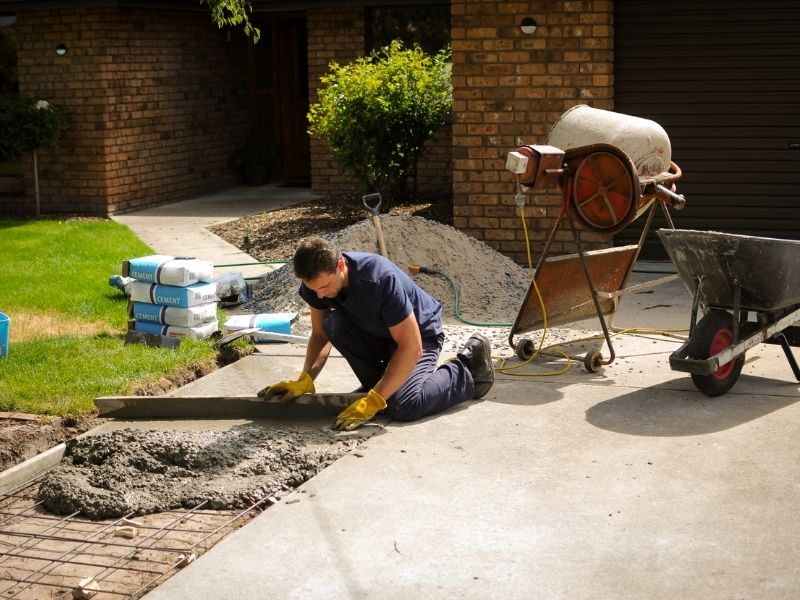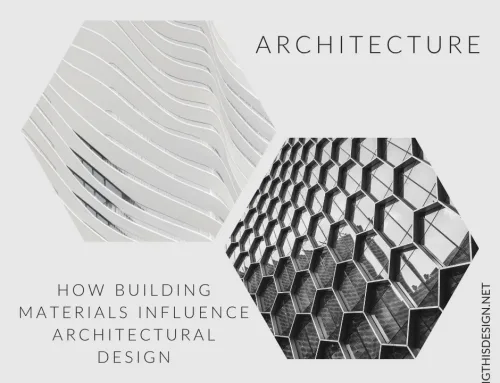You might not realize when your concrete needs repairing but it’s an important part of homeownership. Of course, like everything else, concrete doesn’t last forever. Since it’s exposed to elements, such as vehicle traffic and weather, concrete wears down over time.
To ensure that the concrete in and around your home is stable, it’s important to learn about the different signs of wear. Once you notice any of these signs, make arrangements with companies such as Concrete Contractor Albuquerque to repair issues efficiently and quickly. Once you take immediate action, you minimize the risk of damage getting worse. Bear in mind that severe concrete damage also affects the appearance, safety, value, and stability of your home.
Not a concrete expert and don’t know where to begin? Below, you will find five signs that your concrete needs repairing.
Your Guide to Knowing if Your Concrete Needs Repairing

1. Cracks in the Concrete
Cracks on concrete are one of the primary signs that it requires repairs with the help of professional contractors. Such cracks may happen due to the contraction and expansion of soil underneath. Oftentimes, this mechanism is because of the weather conditions.
An immense amount of rain after a long period of hot and dry weather may also cause expansion. The cracks may appear on the concrete grounds and walls. For instance, if you live in Albuquerque, getting advice from professionals can help you determine whether a concrete repair Albquerque or a touch-up is necessary. Depending on how serious the concrete cracks are, contractors may attach steel brackets to support beams and make permanent stability.
2. Pooling Of Water
If you see water pooling and collecting on your concrete floor or concrete driveway after a rain, you should never take this sign for granted. This issue is frequently caused by water being unable to drain naturally. If you don’t sort it out quickly, it’ll result in damage and increased wear on the concrete areas.
Once the concrete is laid, this must have a layer of waterproof coating for improved protection. But, you should remember that this coating may wear thin because of too much exposure to the elements. To prevent further damage, it should be re-coated and repaired properly.
3. Sunken Concrete
Once you notice that your concrete walls or floors are uneven, it might be due to extreme weather conditions or sub-standard foundation work. Failing to address it right away may cause crumbling and breaking that may result in injuries and instability. If you see sunken concrete, call a contractor as soon as possible.

4. Old Appearance
Concrete may be worn because of age. A combination of potholes, pooling water, cracks, and unevenness points towards damage due to aging. The concrete will look worn and shabby. Once you notice this, it’s time to get your concrete evaluated by professionals to determine what action should be taken.
5. Potholes
Like concrete cracks, potholes happen when the ground underneath contracts and expands. These are also caused by the high traffic over the weak spot. However, when compared to cracks and concrete deformities, potholes are more dangerous because they can cause serious damage to vehicles that run over them, or injuries to individuals who might fall or trip over the holes.
Conclusion
While concrete is known for being a durable material, it may suffer from wear and tear in the long run, especially if it’s exposed to the elements. While some people will repair concrete to keep it looking fresh, bigger cracks pose problems for anything that it’s supporting. So, make sure to contact experts as soon as possible if you notice the listed signs above, and get your concrete fixed.
If you have any questions or suggestions, we want to hear from you in the comments below. Also below are several links that will take you to more interesting articles about ALL things DESIGN for your home or business.
Images Courtesy of Canva.
Other Posts You Might Enjoy:
4 Reasons to Use Insulated Concrete Form for Your New Home
Precast Concrete; a Future in Residential Homes
Concrete for Floors, Shower Walls, and More!
5 Pro Tips for Renovating Your Concrete Driveway





